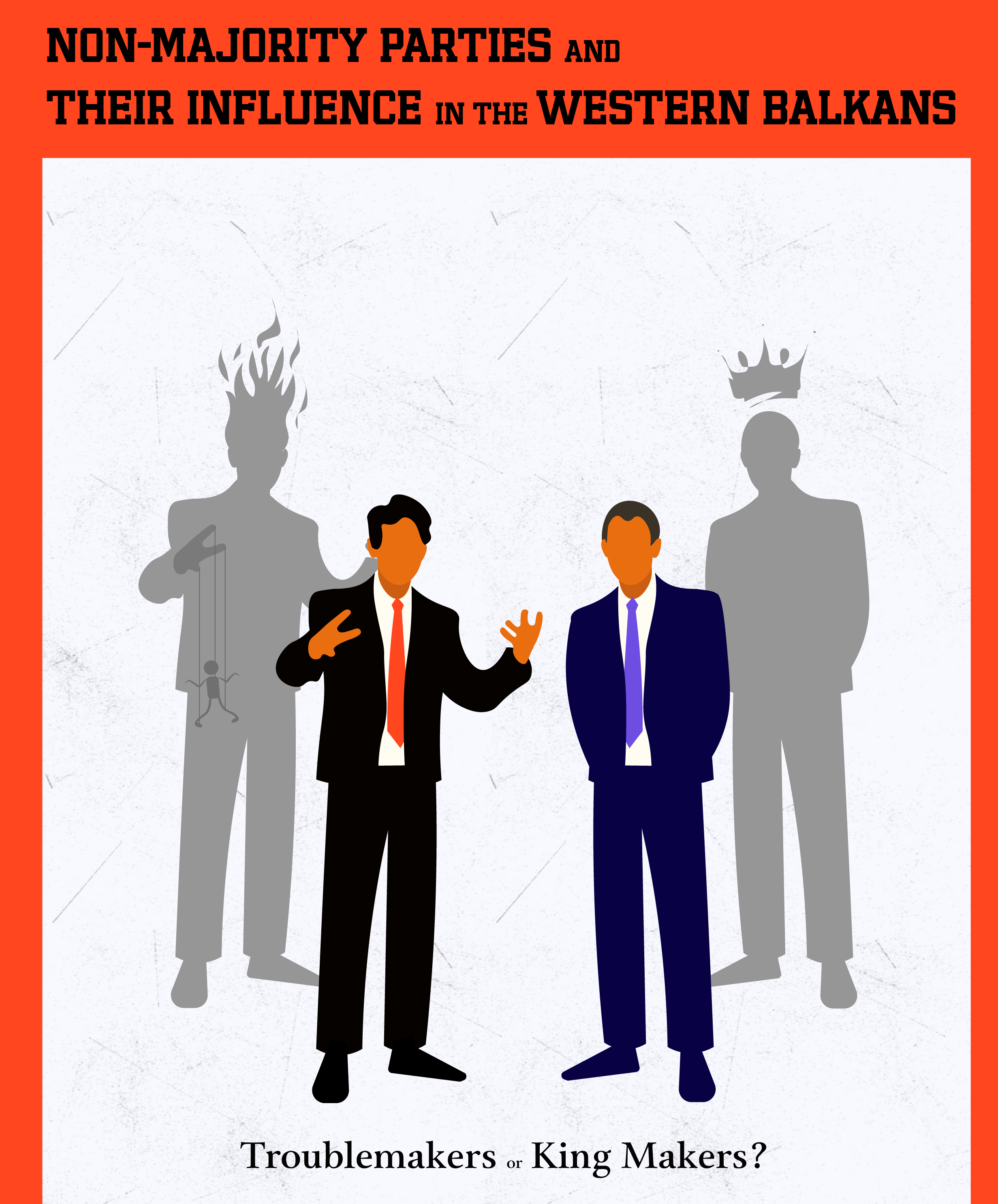General state weakness, lack of democratic tradition, and perseverance of ethnic nationalism in the Western Balkans have a disproportionate impact on non-majority or minority communities in the Western Balkans. The countries of the region struggle to build harmonious civic identities in which non-majority communities feel at ease with the state and are welcomed as part of it or, in worst-case scenarios, are excluded from services. The primary responsibility for the state of minority rights rests on political elites and majority communities, as well as meddling from “mother states”. However, increasingly, the instrumentalization of non-majority community grievances is also part of the toolkit of malign authoritarian actors. On the other hand, non-majority communities have also been a factor of resilience in some cases. This policy brief will attempt to map the role that non-majority communities play in enabling or countering authoritarian currents in the Western Balkans.
Find PDF here: Non-Majorty-Parties-and-their-Influence-in-the-Western-Balkans1651051726




























































